In Germany, civil authorities choose to honor the memories of the 6 million on the anniversary of Kristallnacht and the liberation of Auschwitz-Birkenau. Yet even on a day without official commemorative ceremonies, the genocide is never far from the minds of Hamburgers, a phenomenon that profoundly influences Chabad-Lubavitch’s work in the city.
Next week, a group of Jewish students, mainly from the local university, will offer up their toughest questions at Chabad’s monthly “Frage, Kaffe und Antwort” a java-fueled stump-the-rabbi session. Over 30 Hamburgers from college age to age 35 are expected to attend the event that Chabad co-sponsors with the North German Jewish Student Organization. Chabad representative Rabbi Shlomo Bistritzky said many questions ricochet off the experience of growing up in a land that spawned the Holocaust. Last class, one young woman wanted to know if it’s necessary to reveal her Jewish background to new acquaintances. Murmurs of assent followed. Coming out as a Jew may be tolerated but it can leave potential friends squirming and apologetic, she said.
Shoah memories shape Rabbi Bistritzky’s other Torah classes. After teaching a lesson on the mournful fast day of Tisha B’Av, a day that commemorates the destruction of the two Holy Temples and other Jewish calamities, Hannah Birenfeld recalled spending Tisha B’Av in Dachau. On that day, the Nazi guards rounded up a group of young women in the camp to board a train for an unknown destination. In the middle of the journey, the train halted and the girls were given soup instead of their daily ration of dry bread. Hannah’s aunt wept. “It is Tisha B’Av and I don’t know if I should eat today.” To which Hannah replied, “We have been fasting like Yom Kippur for three months now. Surely we can eat.”
Such incidents still rattle Rabbi Bistritzky who began Chabad activities in Hamburg with his wife Chana in late 2003. “For a woman who lived through such horrors to still come to the synagogue to learn about Judaism, it shakes you that you are here in this place where it all happened.” By simply walking out their front door, the Bistritzky’s confront the Holocaust legacy of their new home city. German activists place individual cobblestones inscribed with names and dates of Jewish people who once lived in homes throughout Hamburg. Down the street from the Bistritzky’s home, a Jewish orphanage once stood. “When you look out, you see 39 cobblestones for the children laid out in rows, like a carpet.”
Hamburg as a whole does a fair job keeping the Holocaust in the minds of its residents. Whenever a new cobblestone is laid, school children attend the ceremony and often study the history of the person being commemorated. Memorials dot the city and its outlying areas, sites of transports, extermination and destruction. When Germany’s annual Holocaust Memorial Days occur, the mayor honors the day as a keynote speaker at events the Jewish community organizes. With Hamburg’s general society conscientiously stoking the flames of Holocaust memory, young Jews in the city are free to chew over other topics at the next “Frag, Kaffe und Antwort”: “Is there life after death?”, “Can you pray if you cannot read Hebrew?”, and the popular “My father is not Jewish, so what am I?”
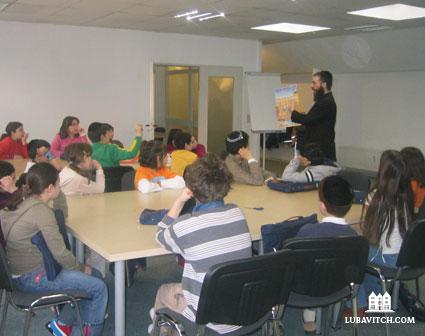
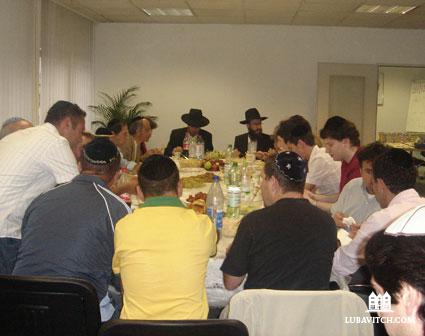

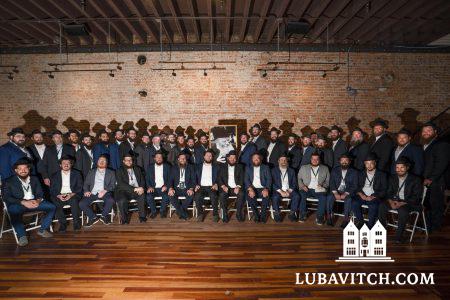

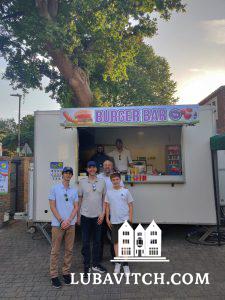
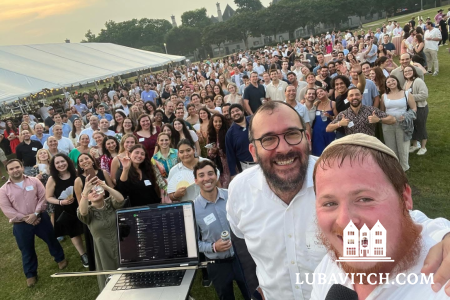
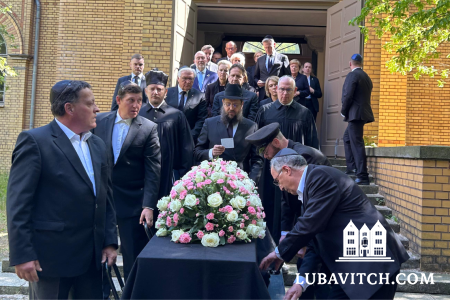
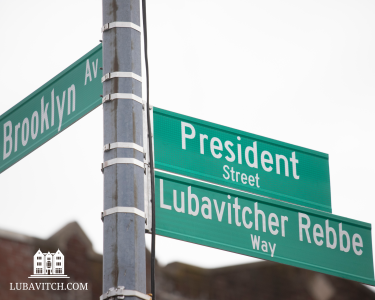
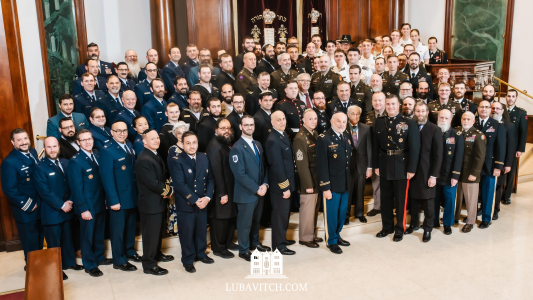

Be the first to write a comment.